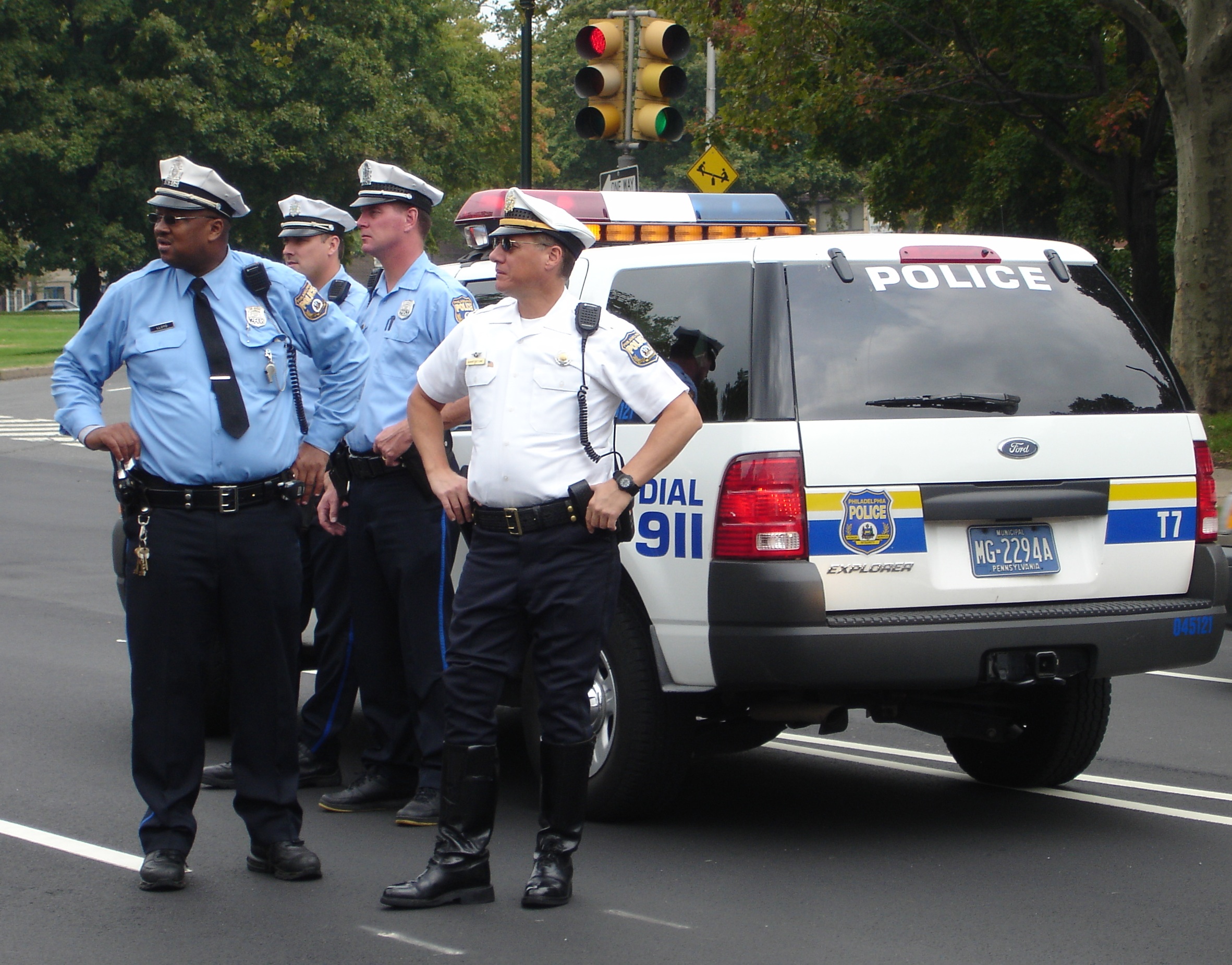
Philly's no "sanctuary" with stop-and-frisk
Stop-and-frisk numbers down, report says.
While as recently as Monday, protesters were in the streets demanding an end to stop-and-frisk and the over-policing of poor communities - practices that they feel are the last frontier to Philadelphia being a true sanctuary city, a report filed Tuesday attempts to point to a glimmer of hope.
Though the department reported stopping roughly 140,000 people in 2016, the percentages that were lawful and backed up with reasonable suspicion went up though there were still 35,000 who were stopped illegally.
According to the report, the Philadelphia Police Department has made significant progress on stop-and-frisk and made the most advances in the past year since the force was entered into a consent degree that demanded improvements on the issue.
The report states that there was a 35 percent decrease in the number of stops from 2015 to 2016. And in the second half of 2016, 3 out of 4 stops were supported by reasonable suspicion, compared to 67 percent in 2015. Nearly 60 percent of frisks were founded on reasonable suspicion, compared to 43 percent the previous year.
Attorney David Rudovsky told the Associated Press, "This year was the first year the department started to hold officers accountable," Rudovsky said. "On the one hand, we congratulate the city to the extent they've reduced the number of bad stops ... but we're still left with a very large number of people who are not being treated properly by the police in the city of Philadelphia."
Of the 140,000 stops, 35,000 were illegal with over 77% of stops in 2016 being of black and Latino Philadelphians. Though a report that is to be released on May 16 will further analyze the racial disparities that Black and Latino residents face, the feelings in the community are ones of being targeted.
At City Hall on Monday, thousands gathered for the "May Day" or International Worker's Day protests in which protesters spoke specifically about protection from ICE raids and stop-and-frisk in communities of color. The protest, organized by the Black and Brown Worker's Collective and Juntos, the protests featured speeches from several community leaders on the issue.
"As long as stop-and-frisk continues to be a problem in our communities, we can't be a true sanctuary," said one of the speakers.
And their claims are not unfounded, Bailey, et al v. City of Philadelphia, et al filed by the ACLU of PA was filed in 2010 against the city on behalf of eight black and Latino men who were claiming they were stopped on the basis of their ethnicity.
RELATED CONTENT
The suit stated that the practice of illegally stopping, frisking, and detaining black and Latino pedestrians was a practice by the police department that affected thousands and was the rule, not the exception.
As part fo the settlement that was reached June 21, 2011, the City of Philadelphia and the ACLU agreed on a monitoring of the stop-and-frisk policies.
Commissioner Richard Ross acknowledged his department has "a ways to go" on changing the culture around police stops.
Mayor Kenney told the Associated Press, "We still have to investigate crime ... but if the public doesn't trust us, doesn't trust their police, doesn't like their police, then we don't have a safe city," Kenney said. "My goal is that no young, black male going to school or going to work will be stopped because of the color of his skin."
With Kenney and Ross leading the charge, the department has added that they will discipline any officer that stops someone without proper criteria or commits a stop-and-frisk without proper preparation.


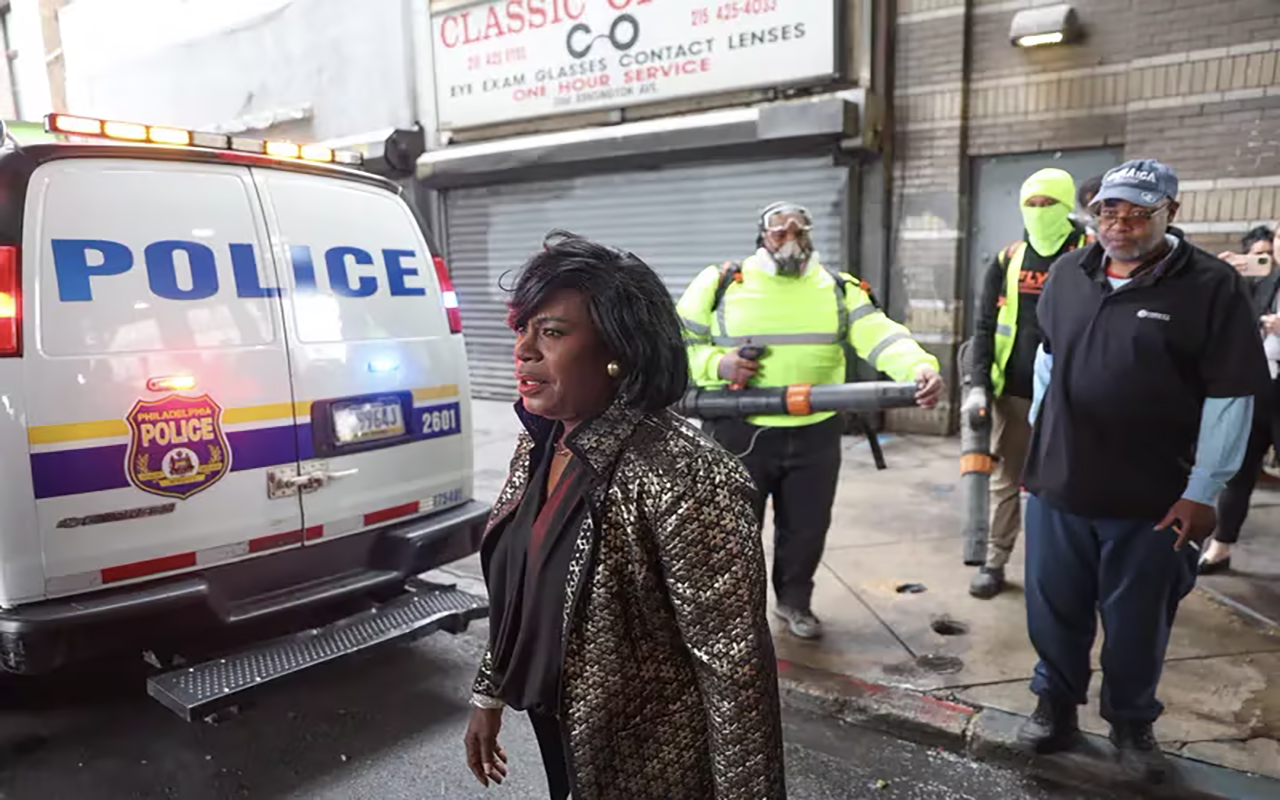
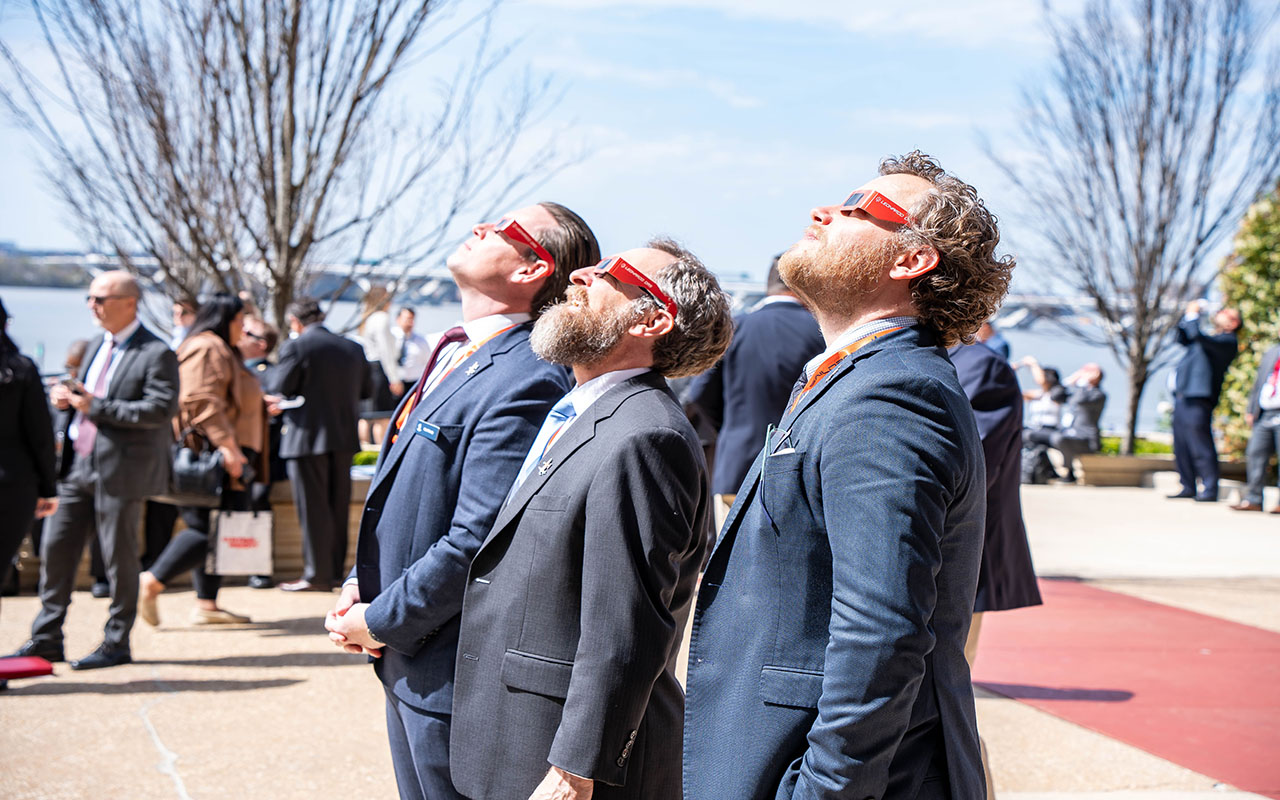


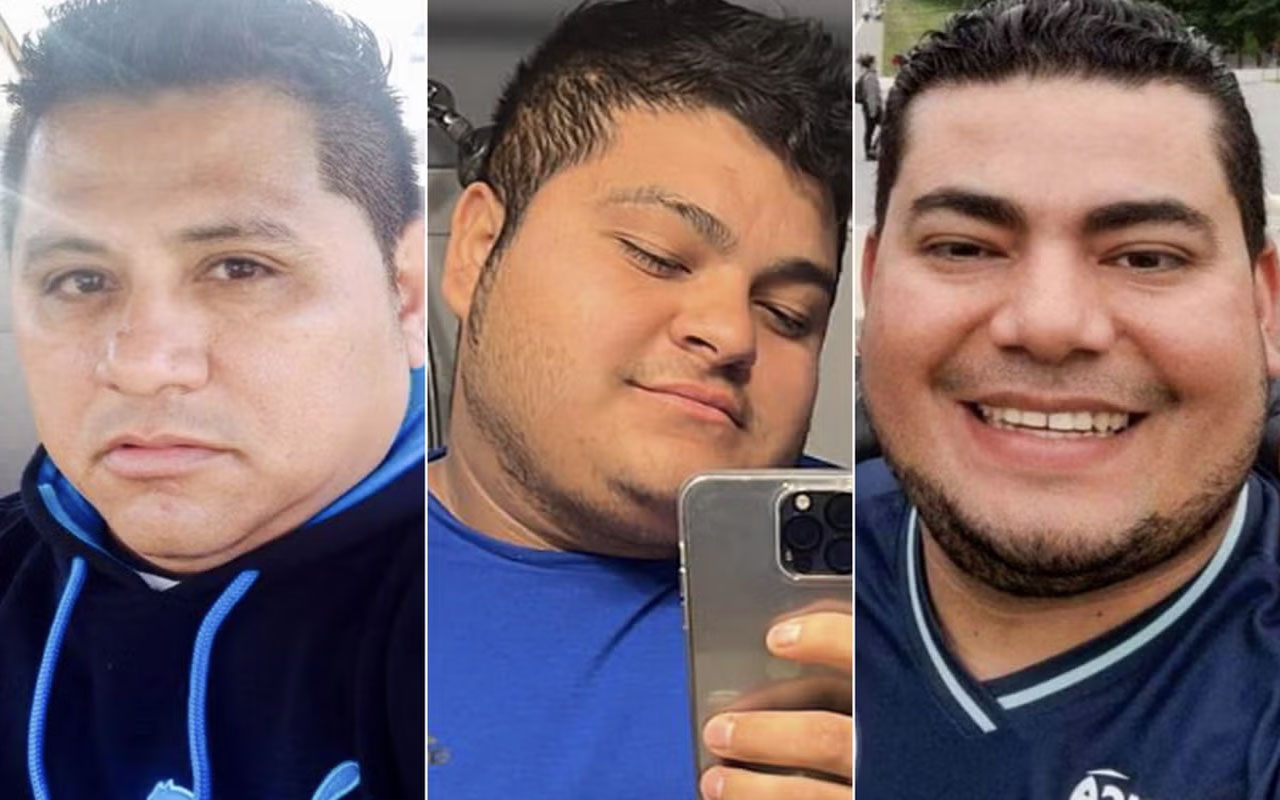

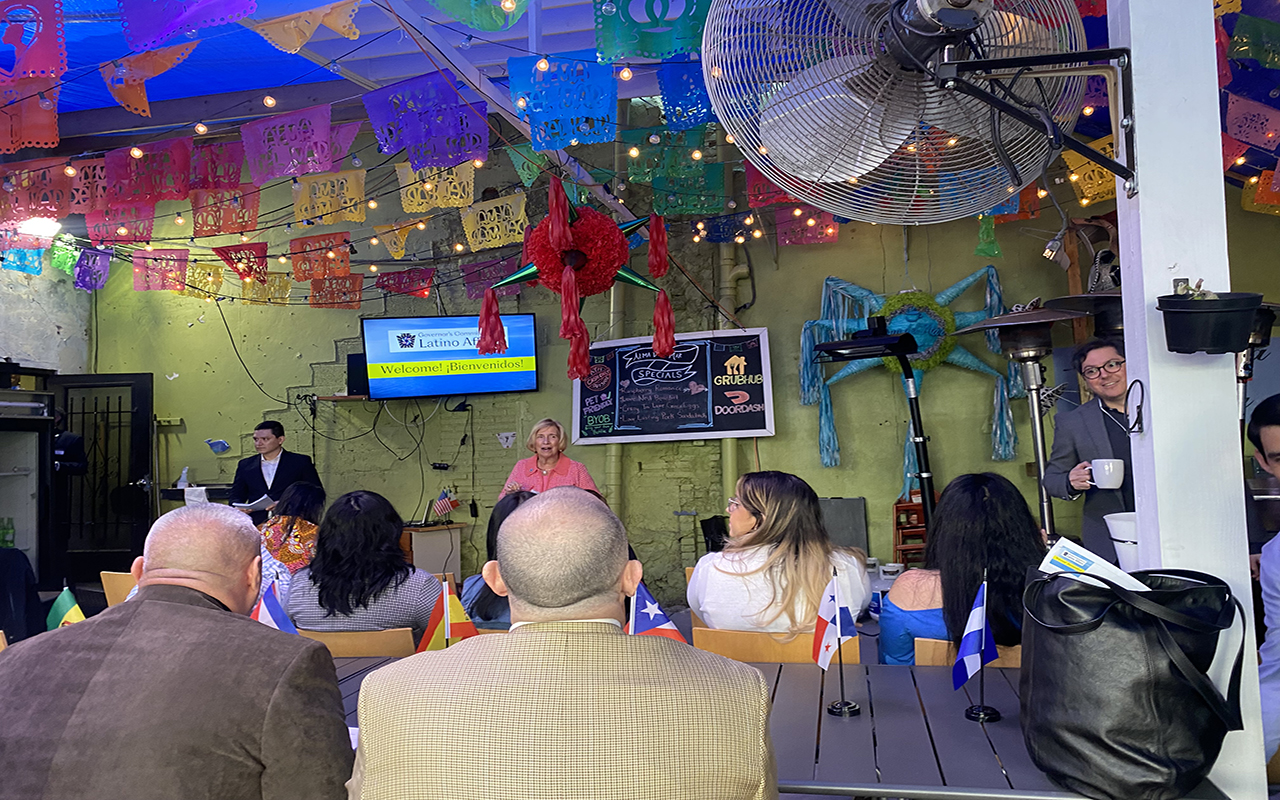


LEAVE A COMMENT:
Join the discussion! Leave a comment.